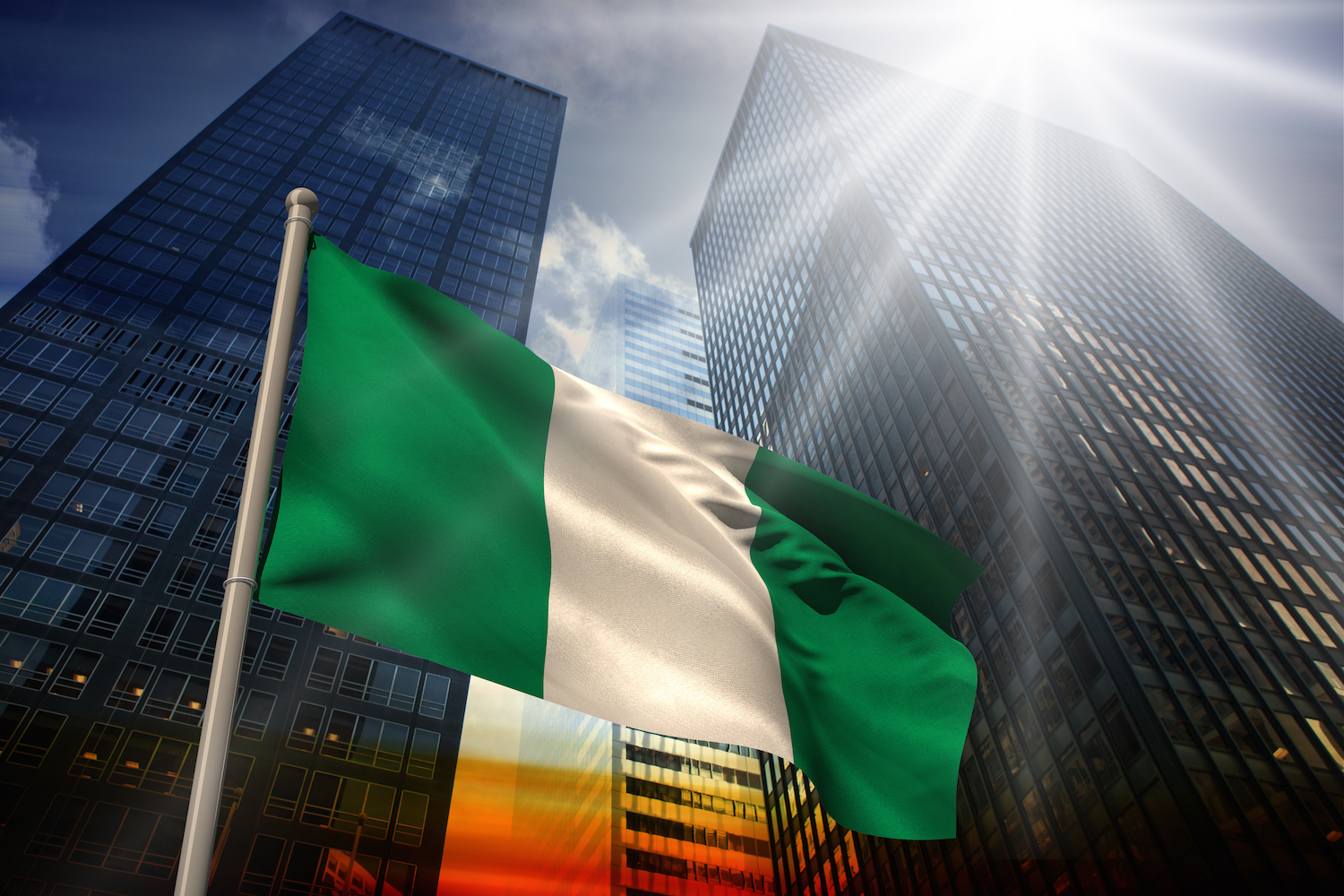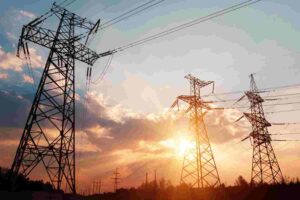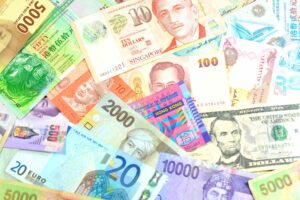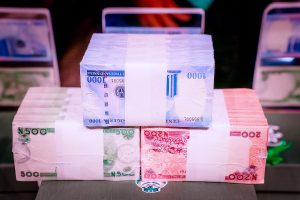RENOWNED economist and author, Dr. O.A Lawal has told the Central Bank of Nigeria (CBN) to stop the Naira floating policy it introduced on the advice of the World Bank and the International Monetary Fund (IMF).
Lawal, who spoke in an interview with the Nigerian Tribune said that the nation’s economy cannot withstand a floated Naira, adding that the World Bank and the IMF would destroy the Naira completely if care is not taken.
He recommended the adoption of “managed currency” system adding that the country cannot afford to leave its currency at the mercy of certain forces, thereby expanding the frontiers of inflation and instability.
He said that under the “managed currency system” or the “fixed exchange,” the rate would not be fixed as such but that the currency will only be allowed to fluctuate between two narrow limits the upper and lower limits, which he said would be narrow enough so as to eliminate arbitrage.
He said: “When the IMF said that Naira was overvalued, that was when they introduced the Structural Adjustment Programme (SAP) and they said we should devalue the Naira by 60 per cent. But under the SAP, we devalued the Naira more than 500 per cent. We introduced SAP and Second-Tier Foreign Exchange Market (SFEM).
“The problem with the World Bank and IMF is that they are not friends of developing countries. They will do something that will help their own economy. What they are doing today is to destroy the Naira for us, if care is not taken. That is why they introduced the floating exchange system. Our economy is not so strong because we depend heavily on the importation of machinery and even raw materials.
“Added to our problem is the importation of petroleum products. That is what created problems for us. If we do not import petrol and we are able to consume what we produce at home, there wouldn’t have been problems for the Naira.”
Asked what options he would prefer the nation adopt in view of the free fall of the Naira in recent months, the economist said that he is recommending a “managed exchange system” or fixed exchange system, which he said is the same thing.
“The difference is that the currency is not fixed as such. It is allowed to fluctuate within two narrow limits, an upper limit, and a lower limit. For instance, the lower limit could be N600 to $1, while the upper limit could be N620 or N650 to the dollar; so the difference between the lower and upper limit does not encourage arbitrage because the limit is so narrow, unlike when we had N400 and N700 as official and unofficial rates,” he said.
Dr Lawal also addressed Nigeria’s consumption culture which some experts have said was responsible for the losses in the value of the Naira in recent times, saying that “what we need to do is to reduce our importation of foreign goods.”
“We have to consume what we produce at home,” he said, adding that the Central Bank can list items that we are permitted to import.
According to him, that will mean that the country is adopting the concept of protection, which he said, means that we are protecting our economy.
“It got to a stage that Nigeria is importing toothpicks. Developed countries will not allow such a thing, so we need some elements of protection,” he said.
Dr Lawal stated that whatever raw materials are available at home should not be imported adding that the nation had such an example when the Telecommunications companies initially started operations and the recharge cards were being printed abroad. He said that the government eventually banned such a situation.
While proffering some immediate, medium, and long-term measures the managers of the nation’s economy can adopt to boost local production and the value of the Naira, Dr. Lawal said that the refineries must be repaired or privatised, as according to him, as long as the nation continues to import petrol, there will be problems.
“If we have refineries, we will be making money from crude oil and at the same time exporting finished products to countries around us,” the versatile author said.
Some of the solutions the nation’s economic managers should adopt according to him are an immediate end to the importation of petroleum products, an agricultural revolution by putting a stop to the importation of food that can be produced at home, by encouraging all states to go into agriculture.
He said: “One, we should stop importing petrol because the money we make from crude oil, we spend it on imported petrol. Two, we need an agricultural revolution. We should stop importing food that we can produce at home. All states should develop their agricultural capacity. Thirdly, we need to change our consumption patterns. What we do not produce we should not consume. We must change our consumption patterns from foreign to domestic. Then one important issue is the cost of governance. It is too high.
“Before the 1966 coup, we were using the cabinet system of government but by 1979, we changed to presidential system. The presidential system of government is very expensive. At both federal and state levels, we waste a lot of money. Then the fiscal policy and monetary policy should be properly managed. When we are fighting the demand side, we should increase the supply side, like agriculture and others to reduce inflation. An increase in taxation is not recommended, instead of increased taxation, we should increase the tax net, where more people will be brought in to pay tax.
“Another one that is important is the infrastructure. There is deficiency in our infrastructure. We cannot ensure development with poor infrastructure, like power. Those are our basic problems.
“What I will also recommend is that we should increase our capital expenditure far above the recurrent expenditure. There are lots of waste and for future development, we need to invest heavily in education. We need to develop our Technical schools because most of our university graduates are unemployable because they don’t have skills.
“In our budget, we should reduce deficit financing, we should reduce borrowing and look inward to generate revenue internally and government can put money into our moribund industries like textile industries and Iron and Steel, Ajaokuta, Machine Tools in Osogbo should be working. We should not be importing tools and nuts from China and other places.”




